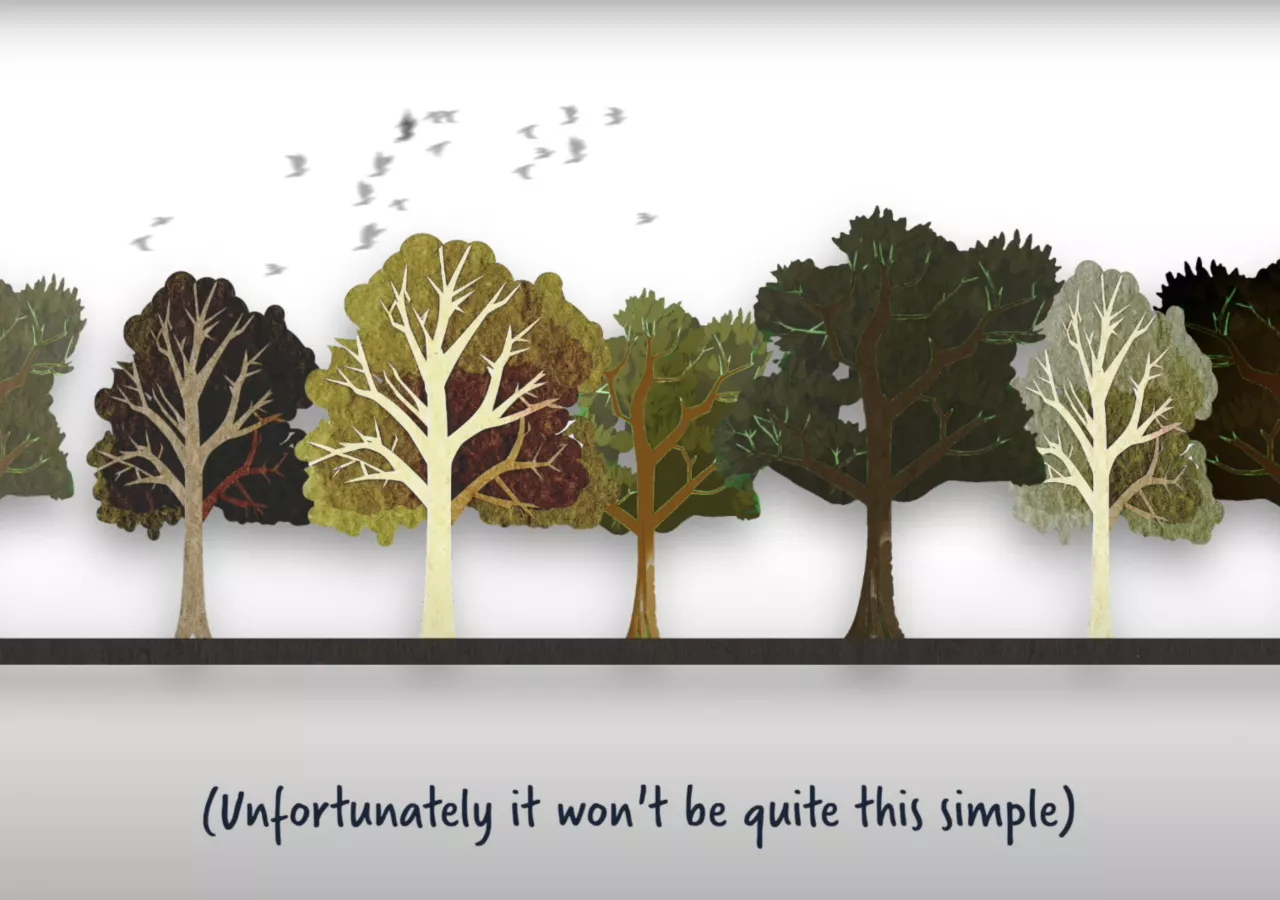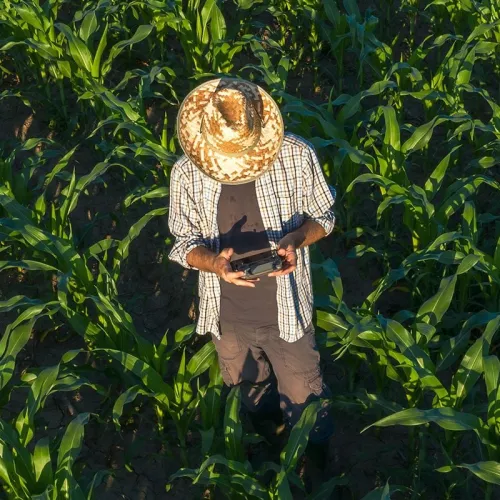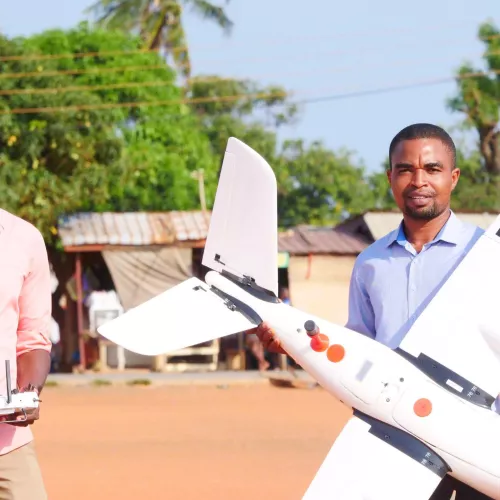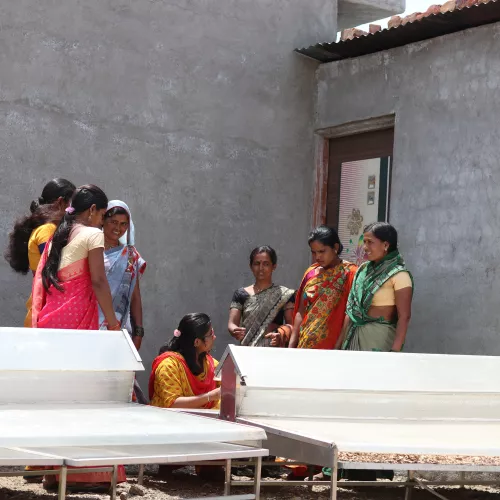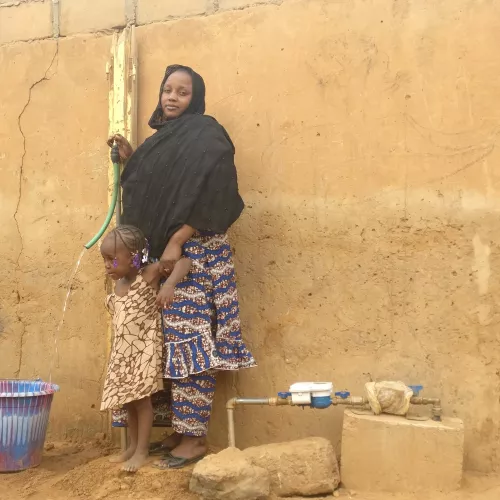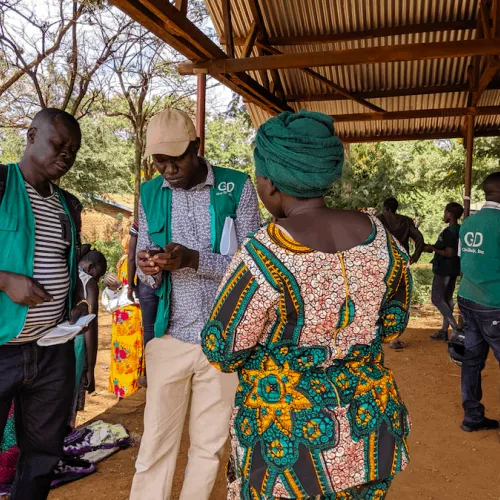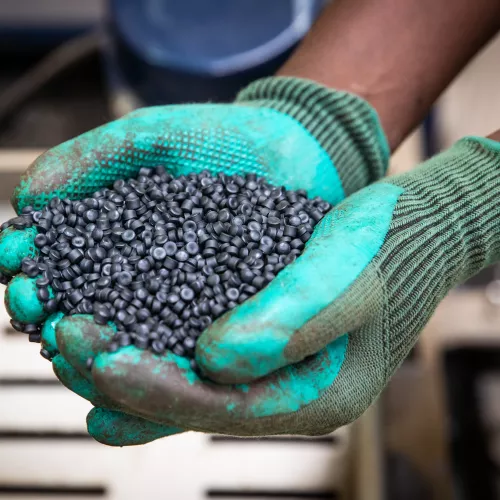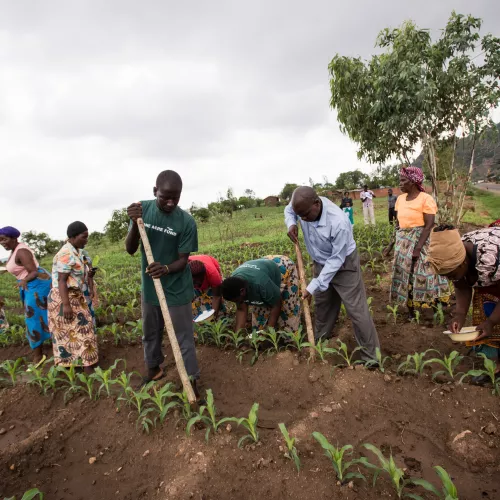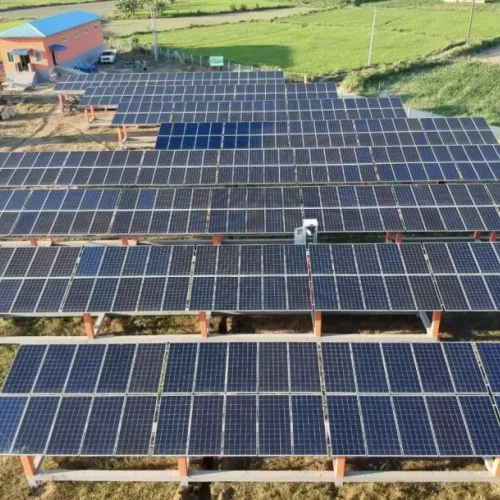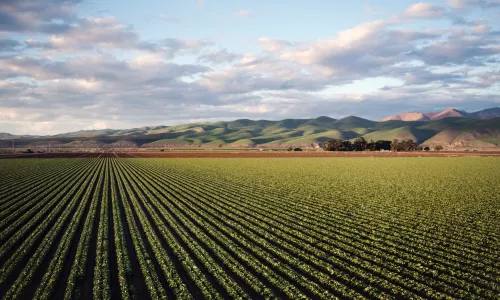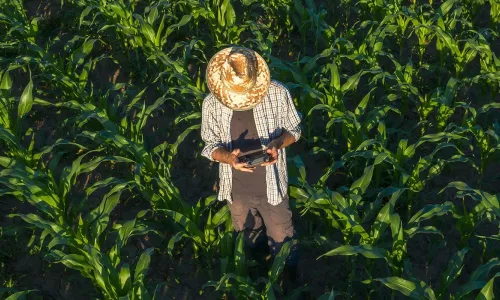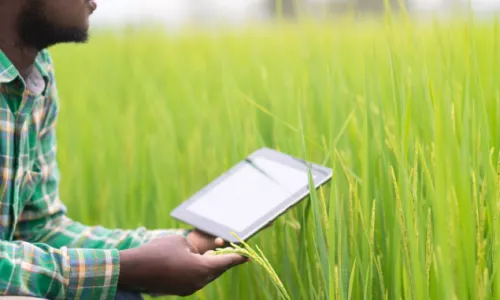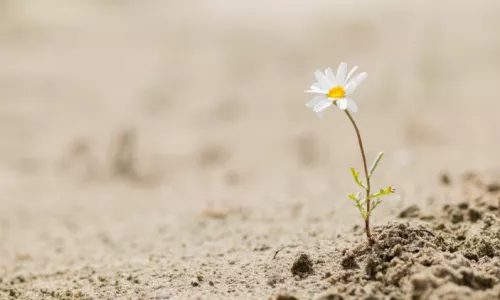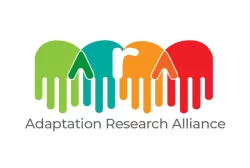Innovating for climate resilience
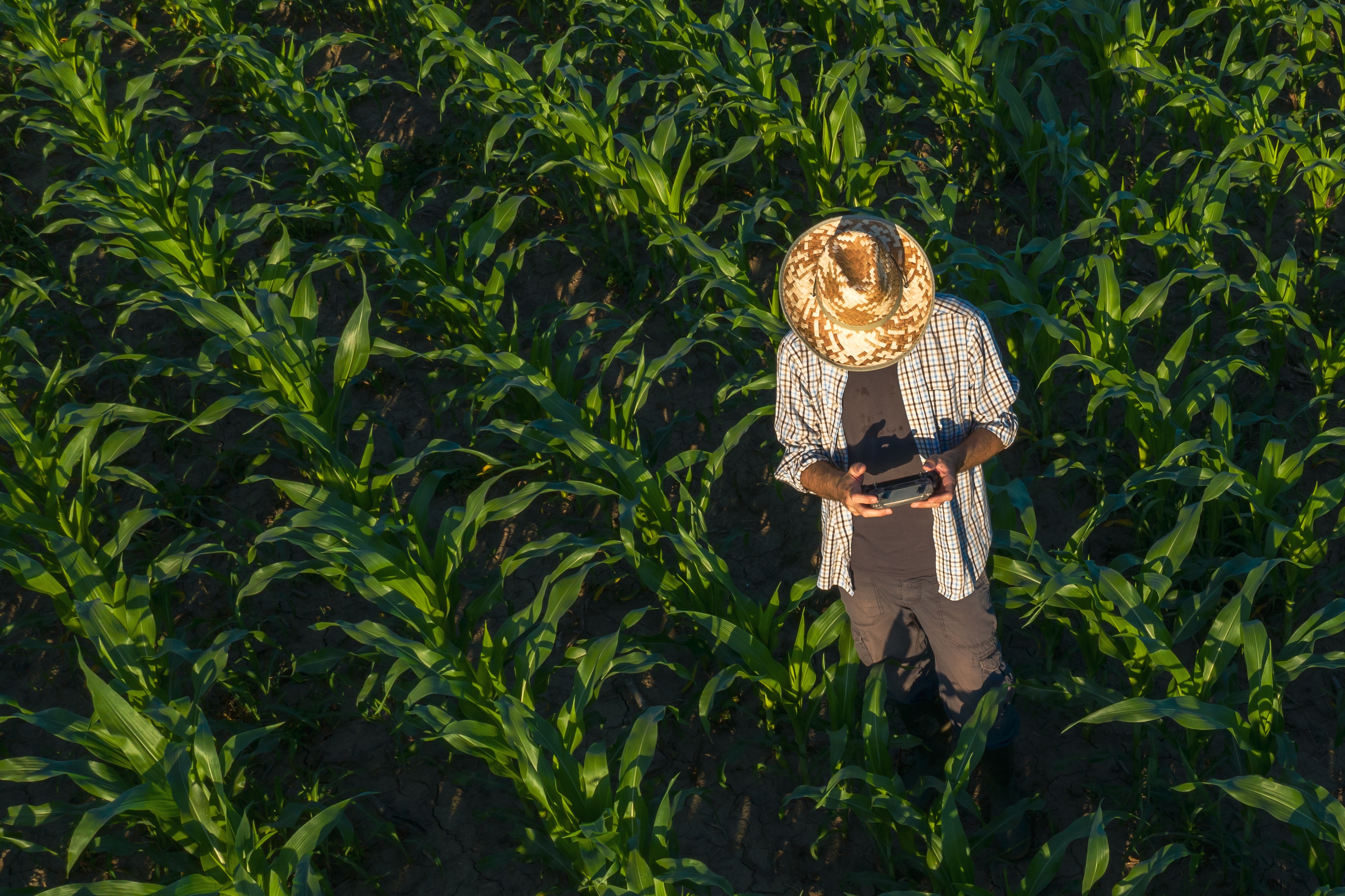
GIF's Innovating for Climate Resilience Fund invests, through grant, equity and debt instruments, in innovations with the potential to scale and support the world's poorest to build resilience and adaptation.
GIF has published a Climate Strategy setting out our proposals to unlock investment and finance in resilience and adaptation, by investing in solutions that can make an outsized difference to the poorest people, and that can be scaled, de-risking them for other investors. We know that generating evidence of impact and scalability can be tricky. We want to address this challenge and partner with innovators to improve the rigour of measurement and evaluation of impact towards climate resilience and adaptation. In turn this will help us all to better understand the emerging innovations that can make a difference to the ability of individuals to live their lives in a changing climate.
Adapting against climate shocks
GIF applies a climate lens to all of our investments. We find and fund innovations that help communities to adapt to extreme weather and build resilience to climate shocks. We believe innovation can provide cost-effective ways of improving lives today.
GIF Climate Resilience Investments
Additional Climate Resources from our Blog
Our Partners
Our Innovating for Climate Resilience fund was launched in partnership with the Adaptation Research Alliance and the Global Resilience Partnership, with seed funding from the UK's Foreign, Commonwealth, and Development Office. Recent additional funding from Sida is helping us to continue to operationalise our climate commitment.
GIF is a strategic innovation partner of the Global Resilience Partnership, a network of more than 60 organisations that have joined forces to create a vision of the world where people and places are able to persist, adapt and transform in the face of shocks, uncertainty and change.
GIF is a member and strategic innovation partner of the Adaptation Research Alliance, an international partnership of development finance organisations working together to accelerate and scale up private investment in climate adaptation and resilience in developing and emerging countries.
GIF is an observer of The Global Innovation Lab for Climate Finance initiative, which aims to drive billions of dollars of private investment into climate change mitigation and adaptation in developing countries; and partner with other potential co-investors, large and small, to identify innovations and feed into our growing pipeline.
GIF is part of the Adaptation and Resilience Investors’ Collaborative, which is hosted by CDC Group, FCDO and the Global Centre for Adaptation.
